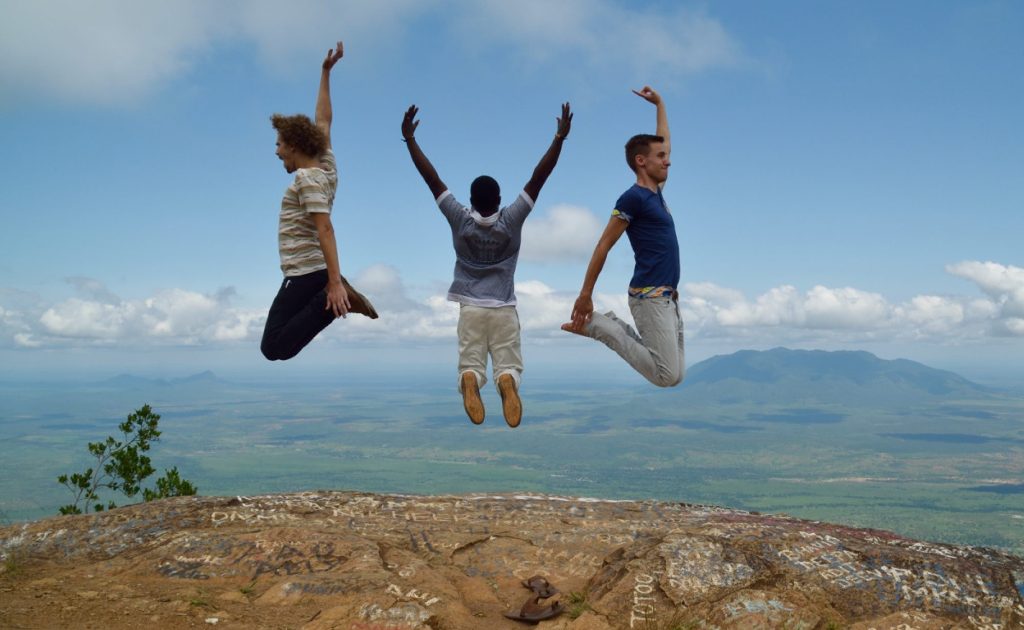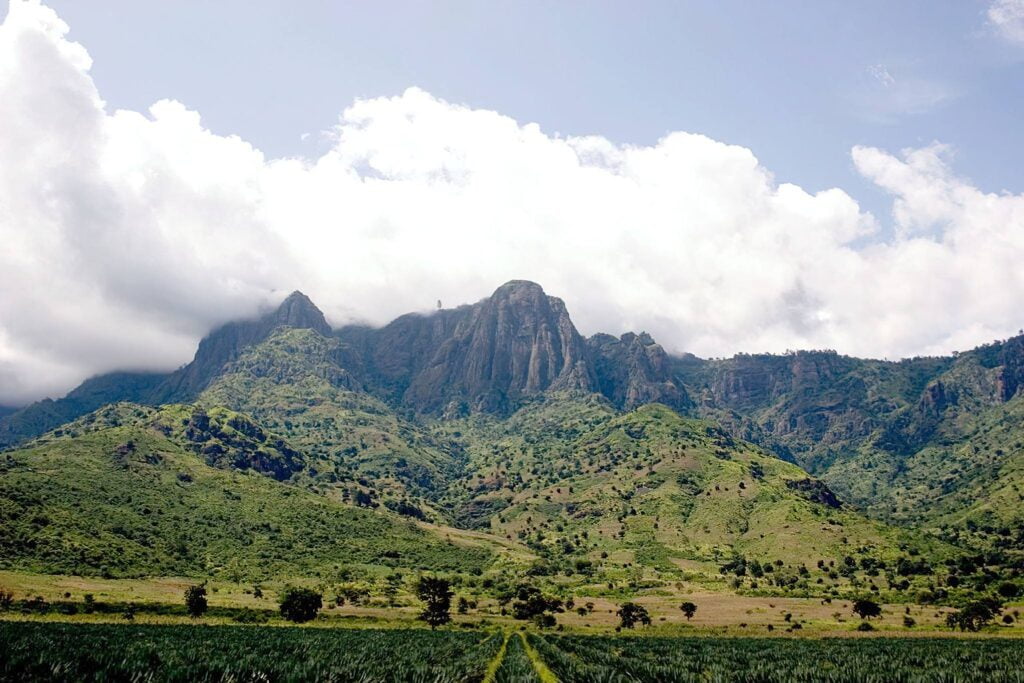

The Usambara Mountains, often referred to as the “Green Mountains of Tanzania,” offer a lush and vibrant trekking experience that is distinct from the towering peaks of Kilimanjaro and Meru. Located in the northeastern part of Tanzania, these mountains are renowned for their rich biodiversity, terraced hillsides, and charming villages. This blog post explores the captivating trekking opportunities in the Usambara Mountains, highlighting the unique natural and cultural attractions that await adventurers.

The Charm of the Usambara Mountains
Geographical Overview: Introduction to the Usambara Mountains’ location, geological features, and climatic conditions that contribute to their verdant landscapes.
Biodiversity Hotspot: Learn about the incredible biodiversity, including endemic plant species, rare birds, and diverse wildlife that make the Usambara Mountains a paradise for nature lovers.
Trekking Routes and Highlights
West Usambara Route: Explore the western part of the mountains, known for its stunning waterfalls, dense forests, and panoramic viewpoints.
East Usambara Route: Discover the eastern trails, featuring terraced agricultural landscapes, vibrant markets, and picturesque villages.
Northern Trails: Experience the less-traveled northern routes that offer solitude, pristine nature, and unique trekking challenges.
Natural Attractions
Mikumi Forest Reserve: Trek through this protected area to witness a variety of flora and fauna, including rare orchids, butterflies, and primates.
Vumba Viewpoints: Enjoy breathtaking vistas from various viewpoints, where you can gaze out over rolling hills, deep valleys, and cascading waterfalls.
Lush Waterfalls: Encounter stunning waterfalls such as Maji Moto and Neema Falls, perfect for refreshing breaks and photo opportunities.
Cultural Immersion
Local Villages: Engage with the local Chaga and Pare communities, learning about their traditional farming practices, crafts, and daily life.
Cultural Experiences: Participate in cultural activities such as traditional dance performances, pottery workshops, and guided village tours to gain a deeper understanding of the region’s heritage.
Flora and Fauna
Endemic Plant Species: Discover the rich botanical diversity, including medicinal herbs, exotic flowers, and unique tree species that thrive in the Usambara climate.
Birdwatching Paradise: The Usambara Mountains are a haven for birdwatchers, with numerous endemic and migratory bird species to observe.
Wildlife Encounters: Spot wildlife such as colobus monkeys, bushbucks, and various reptiles as you trek through the diverse habitats.
Preparation and Tips for Usambara Trekking
Physical Preparation: Recommended training regimens to build the stamina and strength needed for trekking in the rugged terrain of the Usambara Mountains.
Essential Gear: A detailed list of trekking gear tailored to the region’s climate and terrain, ensuring comfort and safety.
Local Guides: The importance of hiring knowledgeable local guides who can enhance your trekking experience with their expertise and insights into the area’s natural and cultural features.
Unique Experiences
Coffee Plantation Visits: Tour local coffee plantations to learn about the cultivation and processing of high-quality Tanzanian coffee, and enjoy fresh brews amidst scenic settings.
Terraced Farms: Explore the terraced agricultural landscapes, marveling at the ingenuity of traditional farming techniques that have sustained communities for generations.
Night Trekking: Experience the Usambara Mountains after dark, where the forest comes alive with nocturnal sounds and the night sky dazzles with stars.

The Usambara Mountains offer a unique trekking experience that combines lush natural beauty, rich biodiversity, and vibrant cultural interactions. Whether you’re a seasoned trekker or a nature enthusiast, Future African Safari provides expertly guided treks through Tanzania’s green paradise, ensuring an unforgettable adventure filled with discovery and connection. Embark on a journey to the Usambara Mountains and immerse yourself in the heart of Tanzania’s natural and cultural splendor.

